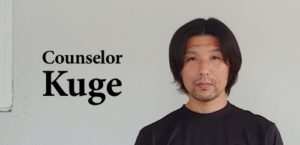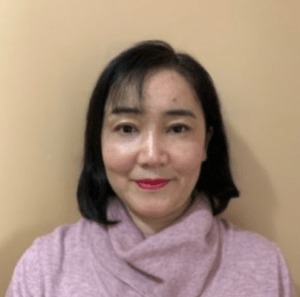Counsellor’s Report: Aging

By Takanori Kuge
The population of Japanese Canadians, even “Newer” Japanese Canadians, is aging. This fact is reflected in the cases that I have been dealing with as counselor for JSS. Our organization is becoming more involved with cases involving senior’s issues such dementia and various mental disorders as well as non-medical issues such as estate planning.
Dementia is generally defined as a decline in intellectual or cognitive function. It can take many forms and progress at various rates so I will not get too muchinto the definitions or particulars. JSS in cooperation with Momiji Health Care Society and in many cases on our own has been helping “Japanese speaking seniors” with dementia in the GTA. I placed quotation marks around the words Japanese speaking” since many English speaking Japanese Canadians oftentimes revert back to being only fluent in or comfortable in Japanese as the disease progresses. As you can imagine it can get quite trying for non-Japanese speaking spouses or family members who may find themselves separated not only by declining mental functions but also a different language.
Unfortunately,there is no known cure for dementia. All that we know is that we can possibly delay the onset through simple things such as physical exercise, maintaining social activity and possibly keeping mentally active through such things as continuing education.
Another area of concern to me is in the area of estate planning or generally the creation of wills and the assigning of power of attorneys. For some reason, a lot of Japanese do not have either of the above. Although this may not such a big problem for surviving spouses, not planning for what happens after you pass on or become very ill can have problematic consequences for your children or common law partners.
In Ontario, if you die or become mentally incapacitated, decisions about your health care or estate may be made by the “Public Trustee” for the province, and not necessarily the nearest surviving relative. It is therefore important to assign powers of attorney as well as drafting up a legally binding will. As I said above, it may not be as problematic for spouses who only have each other, but for everyone else important to you, not having legal executive authority canmean long delays in assigning or dividing assets regardless of your actual wishes. In other words, you may want your children from your late-wife as well as your second wife to share in your estate after you pass, but without a will, the public trustee may well divide up the estate according to the law, meaning that your children may be entitled to nothing. Similarly, your children may not be entitled to any say regarding any medical treatment or how you will be cared for if you become unable to make those decisions for yourself, if you do not have proper powers of attorneys assigned.
Therefore,plan ahead. Consult your estate planners and your lawyer as well as thegovernment information sites and get powers of attorneys and wills. A lot of unnecessarytrouble and stress will beavoided.


